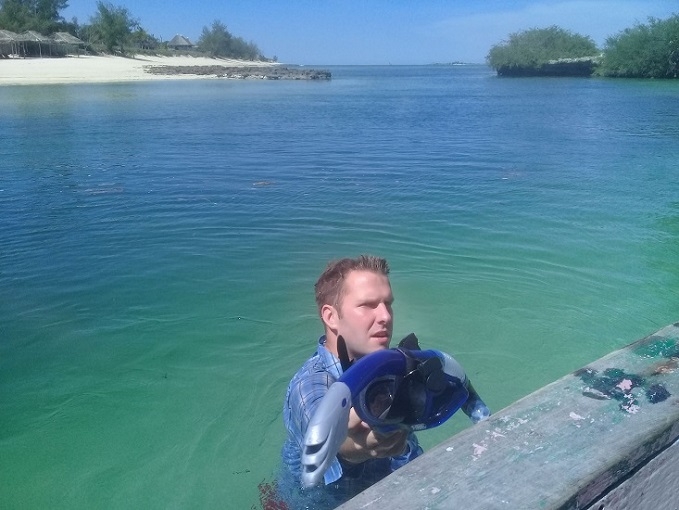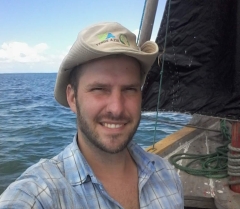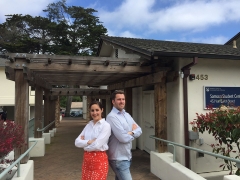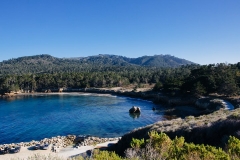At the Nexus of Climate-Fragility and Security
| by Eva Gudbergsdottir
A multi-lingual environmentalist, Middlebury Institute alumnus Bryce Bray is passionate about the connection between climate-fragility and security, a topic he will research as a Fulbright Scholar in Senegal.




